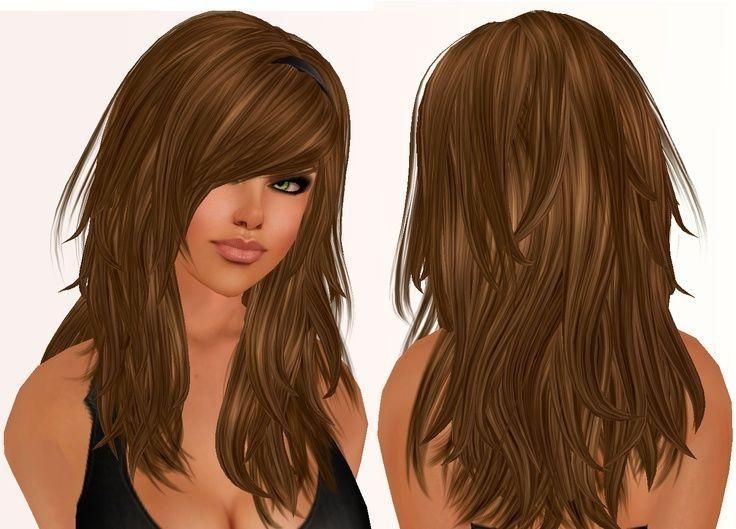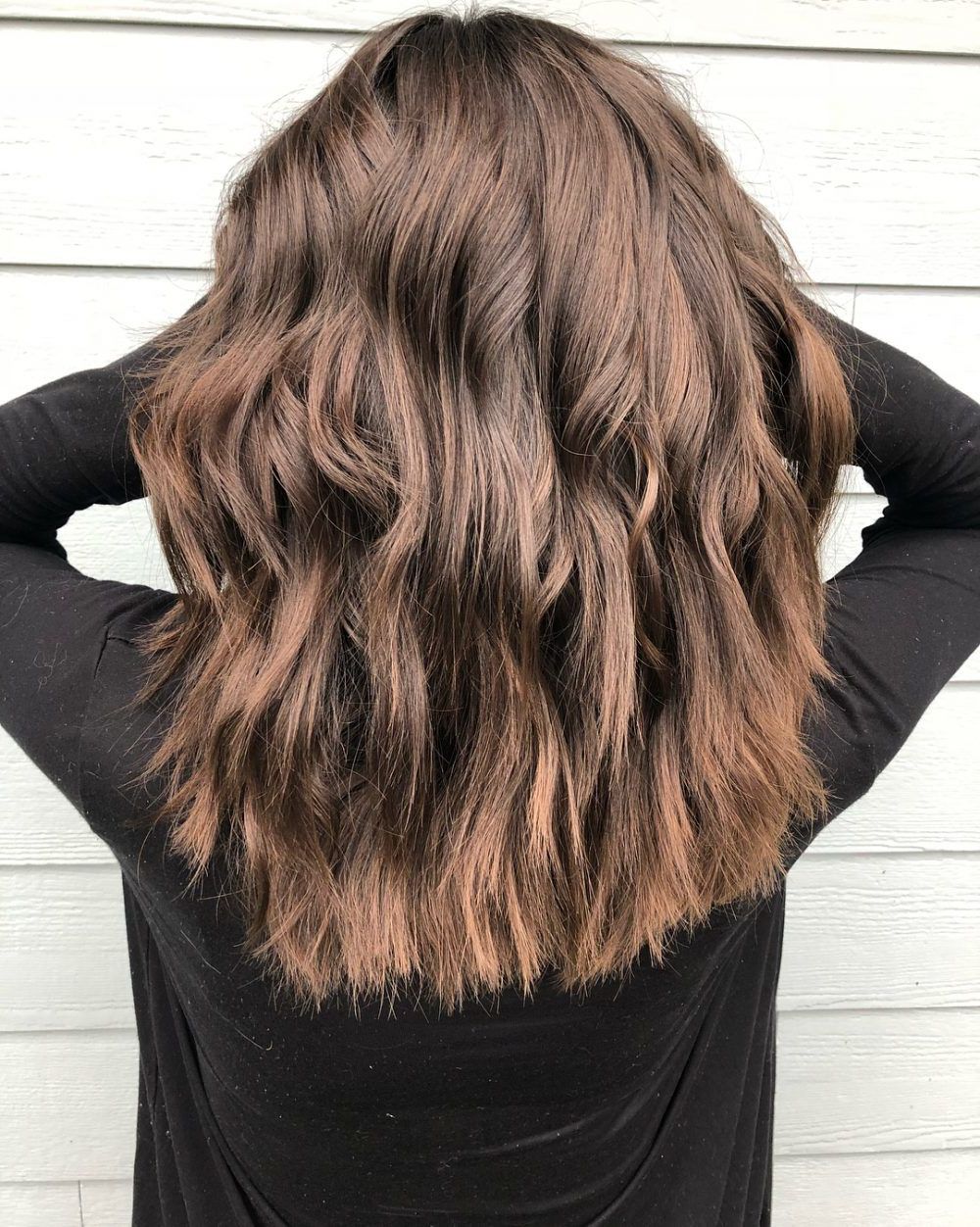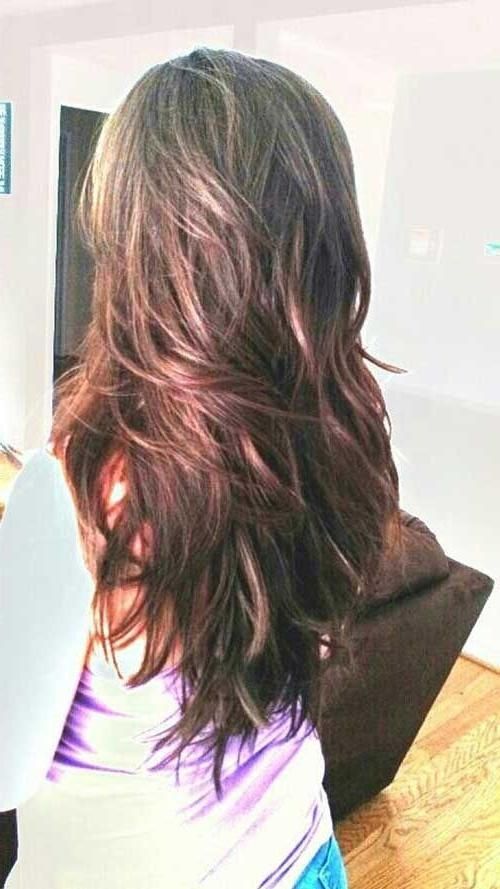Table Of Content

That depends on your hair texture and the routine you want to establish. If you are avoiding silicones, you probably don’t want to compound their use across multiple products. Say you have soluble silicone in your conditioner, then you might want to use a silicone-free shampoo. As with any hair regime, which products you choose depends heavily on your hair type and goals. Some specific hair types can benefit from using only light silicones or avoiding them completely. Most normal hair types benefit from silicone-containing products.
What Are Silicones?
Consequently, they offer very few conditioning benefits – if any at all. Their purpose is to carry or help easily disperse other ingredients. To spot silicones on the product’s ingredient label, flip the product over and carefully read through the ingredients. They can be listed as single ingredients or as a combination of multiple ingredients. Silicones are perfectly safe to use on your hair—there’s no question about that.
Curly Hair
If you wash less often, the build up from these products is not as troubling. Since most of our clients wash less than weekly, silicone build up from shampoos and conditioners won't be as much of a concern. But, even so you can occasionally use a clarifying shampoo or do a silicone removing treatment (see below) to be on the safe side. If it does, document the cleaning ingredients in your natural hair journal. Also, take note of the silicones, if any are listed in your moisturizing and styling products.
How to Identify Silicone Compounds in Hair Products?
This silicone type is safe for hair, just like the other silicones commonly found in hair care. Silicone is an ingredient used in a wide variety of hair care products, from shampoos and conditioners to hairsprays and serums. It’s one of the most effective ingredients for taming frizz, locking in moisture, and adding shine. Some silicones need sulfates to be removed from the hair, called non-water soluble silicones. Some don’t need sulfates for removal and are called water-soluble silicones.
I want to get healthier
Hair expert debunks myth on silicone shampoo drying out your locks - The Mirror
Hair expert debunks myth on silicone shampoo drying out your locks.
Posted: Wed, 19 Apr 2023 07:00:00 GMT [source]
For a long time, the hair-conscious have been bombarded with an ingredient list of absolute no-nos, scaring us into avoiding products with ingredients like sulfates and silicones. A lot of this is left over from the ’90s and late ’00s, when we learned about routines like the Curly Girl Method, which lists these two ingredients as terrible for curls. I find myself returning to this mask again and again, mainly because a little bit goes a long way, even with thick or coarse hair. At the same time, it isn't overpowering on finer hair — which is both a good and a bad thing if you share a bathroom with someone whose hair type differs from yours and they help themselves to your fancy products.
Why Should You Avoid Silicone in Hair Products? 5 Things You Need to Know
Now that you know why silicones are in so many hair products you can determine if you think their benefits outweigh the risks.If you do happen to experience silicone build-up you now know how to deal with it. This sea salt spray is suitable for those who have oily to average type of hair. The salt added into the mixture is quite capable of holding your hairstyle without making the strands appear dry or brittle to the touch. Instead of silicone and other harsh ingredients, what you will get instead is the perfect blend of sea kelp as well as Moroccan argan oil that nourishes your hair from roots to tips.
Product Type
If you are ready to switch to products that do not contain this ingredient, you will have to prepare yourself since the texture of your mane will not be the same. Instead of having strands that are slick, you will end up with one that feels clean through and through. Stay within this category and formulation of silicones and sulfates, it works for your hair. These variants can be removed with sulfate-free shampoos; they’ll work well with a co-wash regimen. Here is a quick list of silicones that evaporate that do not typically cause buildup. When reading the ingredients listed, look for words ending in ‘cone,’ ‘conol’, ‘xane’, PPG prefix, PEG prefix, PPG/PEG prefix, combinations of ingredients ‘(and)’ silicones or combinations of ingredients ‘/’ silicones.
Is Cornstarch Bad for Your Hair? Does It Cause Damage? Safe?
Overall, it is always important to think about your unique hair needs. Often, those with thicker or curly hair may benefit the most from the use of silicones. For those with thinner hair, professionals recommend proceeding with caution as it may weigh down hair or create the risk of build-up (via Allure).
It’s often difficult to find a product that doesn’t contain it! Dimethicone is one of the most common silicones you’ll find in beauty products. Plant-based oils and other natural ingredients offer an alternative way to nourish hair and can leave it with the same shiny look. Seeing as silicone comes with a long list of upsides, it can be difficult to see how there could be any negatives.
Those are typically the non-water-soluble silicones and tend to easily build up on the hair. Remember how we previously noted that not all silicones are bad? Well, that's because researchers were able to develop water-soluble silicones that are generally fine in hair care, as they are easier to remove, aren't as sticky of an occlusive, and don't bioaccumulate. Look for dimethicone copolyol or any dimethicone with a PEG prefix, like PEG-8 (or higher) dimethicone.
This ingredient is often used in shampoos and conditioners to help create a protective coating on your hair to prevent them from being damaged. Below is a list of silicones that give the hair amazing conditioning benefits, BUT they need sulfates for removal AND they tend to create build-up when used repeatedly in between wash days. Also, some can create build-up, while others do not create build at all. Note a water-soluble silicone is usually easier to remove, and often doesn’t lead to silicone buildup. If you have thin or fine hair, use products with soluble or evaporating silicones to keep the negative effects at bay. The waterproof barrier formed by silicones reduces moisture in your hair over time.
While plastic is a specific type of polymer, that doesn’t mean that all polymers are plastic. The types of synthetic polymers in hair products aren’t the same as those used to make plastic products. The introduction of the Curly Girl Method of hair care is one source of the campaign against silicones. Curly hair tends to be dry since the natural oils and sebum can’t travel down the hair shaft quickly enough to moisturize it.
You may have a hard time finding the word “silicone” on the back of your shampoo or conditioner bottle. Consider your hair's specific needs and experiment with silicone-free products to find the right balance for your fine hair. They don’t typically cause build-up but can require regular clarifying with shampoo with a surfactant ingredient like Cocamidopropyl betaine that has both a positive and negative charge. There are plenty of great silicone-free products out there that still work shining, smoothing miracles, like our Moisture Repair regimen and Hair Oil.
Fortunately, it’s safe to use hair products with silicone. To minimize the side effects, you need to select the right type and keep some precautions in mind. Bottom LineI personally find the benefits of silicones to far outweigh any negatives. Silicones are very effective conditioners, provide great shine and can help smooth and straighten hair. If you are concerned about buildup and weigh down, be sure to look at the label to make sure you are using lightweight silicones. It's worth noting, however, that as with most bad ingredients, dimethicone is a double-edged sword in the skincare world.
As with most beauty products and ingredients, not all silicones are created equal. You should use a silicone-free shampoo and conditioner if you have fine, oily, or coarse hair. These hair types need the right balance of moisture to look and feel healthy. The barrier silicone creates on your hair shaft makes it harder to achieve that balance. A good rule of thumb is that most ingredients ending in "-cone" are non-water soluble silicones while ingredients containing the prefix PEG are usually water-soluble silicones, says Laura Sagen, founder of The Hair Fuel. "PEG stands for polyethylene glycol, a chemical compound that 'clamps' onto water molecules, making them soluble," she says.
These rubber-like compounds coat your hair strands to lock in moisture, add shine, and control frizz. If it’s your first time hearing about the S-word, silicone is a polymer extracted from silica (the same material that makes up the sand you see at the beach). In haircare products, silicone is primarily used as a synthetic ingredient that coats the hair shaft upon application.
















